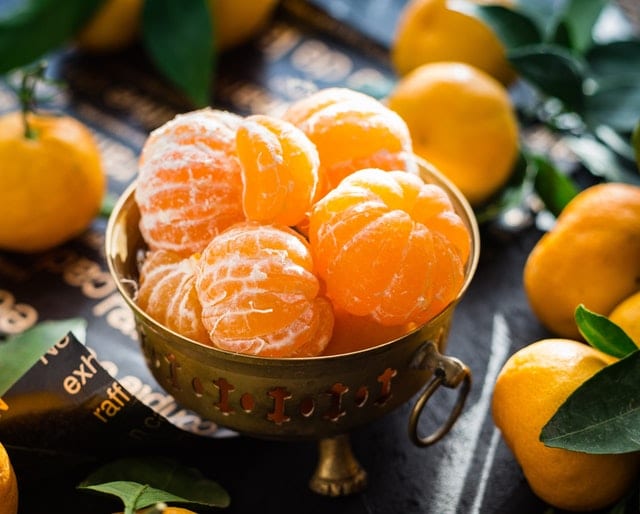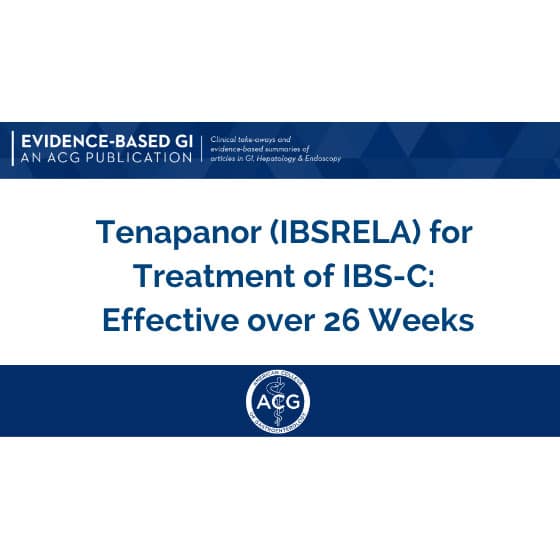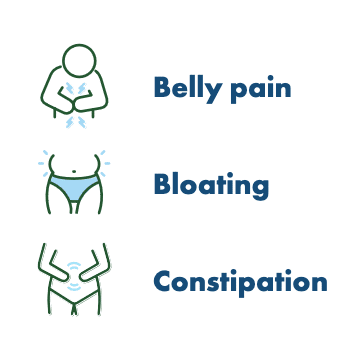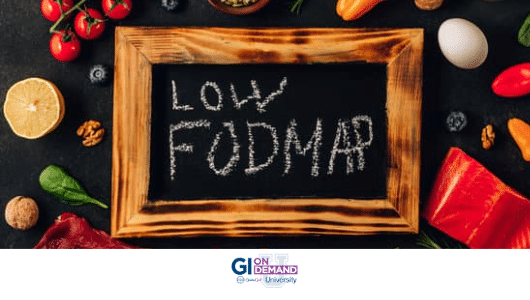Don’t Fear Fruits on the Low FODMAP Diet
The Low FODMAP diet is a multiple phase elimination diet that has been shown to help improve symptoms of irritable bowel syndrome (IBS). The strict phase of the diet calls for a restriction of certain types of fermentable carbohydrates including fructose (a fermentable monosaccharide which makes up the M category in the FODMAP acronym). This has lead some people to wonder if fruits are off limits on the diet. Although you do need to avoid certain fruits while on the strict elimination phase of the diet, you do not have to give up all fruits! Read below to learn more about the types of carbohydrate found in fruits and find out which fruits (and in what amounts!) are allowed on the diet.
Isn’t Fructose Off-Limits on the Low FODMAP Diet?
Fructose is a monosaccharide which means that it is a single molecule (with mono meaning one). When a molecule of fructose links up with a molecule of glucose, it is now called sucrose (or table sugar). Our bodies absorb both fructose and glucose in our intestines. One mechanism for fructose absorption requires that fructose be absorbed in a 1:1 ratio with glucose. However, when the amount of free fructose in a food exceeds the amount of glucose, the body may have trouble absorbing it. The unabsorbed fructose then travels to the colon (large intestine) where it is fermented by gut bacteria and can lead to those troubling IBS symptoms.
Those who have been diagnosed with fructose malabsorption will also have symptoms from fruits that are high in fructose. Individual fructose tolerance will vary, so it is best to work with a dietitian to help you identify what fruits and other fructose-containing foods work best for you.
What About Sugar Alcohols?
Fructose isn’t the only carbohydrate of concern when it comes to fruits. Remember the FODMAP acronym? Well, the P in FODMAP stands for polyols. Sugar alcohols are a class of polyols that are often added to chewing gum and low carbohydrate candies as a calorie-free alternative to sugar. Sweeteners that are high in sugar alcohols include xylitol, mannitol, sorbitol, and isomalt. Our bodies have trouble absorbing these sugars and, like fructose, excess sugar alcohols end up getting fermented by the gut bacteria in our colons and can cause IBS symptoms in those who are sensitive.
Below you will find a list of some of the fruits that are safe on the low FODMAP diet.
Low FODMAP Fruits (stick to one serving of fruit per meal)*
- Unripe banana (1 medium)
- Clementine
- Mandarine
- Lemon
- Lime juice
- Grapes
- Kiwi
- Orange
- Strawberries
It’s also important to keep serving sizes in mind when eating fruit. Some fruits may be labeled low FODMAP, but are considered high FODMAP at or above the serving sizes listed below.
High FODMAP Servings of Certain Fruits*
- >40 blueberries (60g)
- ¾ cup cantaloupe (125g)
- ¾ cup Honey dew melon (135g)
- 1 ½ cup pineapple (200g)
- >20 raspberries (90g)
Once last group of fruits to consider are dried fruits. Most dried fruits are considered high FODMAP, however, banana chips are allowed at a serving size of 10 chips and dried cranberries are safe at one tablespoon.*
With the summer fast approaching, the idea of giving up a refreshing smoothie or turning down a mouthwatering fruit salad sounds nearly impossible. Luckily, there are many fruits that are still allowed on the elimination phase of the low FODMAP diet!
Katelyn Collins, RDN is a registered dietitian nutritionist who specializes in digestive health. She provides nutrition counseling/coaching via the Gastro Girl telehealth platform. For more information, you can visit her website at www.KatelynCollinsNutrition.com and connect with her on Facebook, Twitter, and Instagram @KatelynRDN.
*All information on the FODMAP content of foods comes from the Monash University Low FODMAP Diet App as of 6/4/17. The lists provided are not complete. For the most up-to-date data, please refer to the app.
Author:

Katelyn Wilson, RD
Author
Listen to our
latest Podcast!







